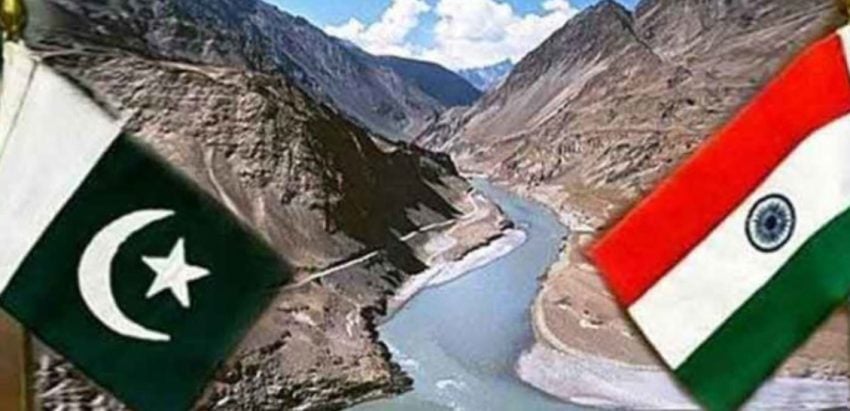ISLAMABAD – Indian government announced unilateral decision of cutting 1960 Indus Waters Treaty with Pakistan – a move that raised alarms over regional stability and Pakistan’s access to critical water resources.
The decision comes alongside a series of diplomatic measures against Pakistan, including the closure of the Attari-Wagah border, reduction of diplomatic staff, and suspension of visa services. India’s Foreign Secretary Vikram Misri confirmed the suspension, saying that India would no longer remain bound by the treaty until Pakistan provides verifiable proof that it has ceased support for cross-border terrorism.
Modi government’s decision also marks serious challenge yet to 6-decade-old water-sharing agreement that has endured wars, border skirmishes, and repeated political crises.
Indus Waters Treaty
The treaty between arch-rival nations was brokered by World Bank and signed in 1960 by then-Prime Minister Jawaharlal Nehru of India and President Ayub Khan, the Indus Waters Treaty divides control of six rivers between the two countries. India received rights to the eastern rivers—Beas, Ravi, and Sutlej—while Pakistan was granted access to the western rivers—Indus, Chenab, and Jhelum.
India retained limited rights (up to 20%) over the western rivers, primarily for non-consumptive uses such as hydroelectricity generation. Despite being hailed as one of the most successful water-sharing arrangements in the world, the treaty has come under strain in recent years, particularly amid escalating tensions between the nuclear-armed neighbors.
The suspension of Indus Waters Treaty is serious, as it may not lead to immediate water shortages for Pakistan. India had already failed to fulfil key treaty obligations over the past four years, including annual meetings between water commissioners and full data sharing on river flows.
In recent years, New Delhi has only been sharing mere 40pc of river flow data, often marking the rest as ‘nil’ or ‘non-observed. Water policy expert said India already holds back nearly 20% of Pakistan’s share through upstream storage.
India could unilaterally alter or fast-track infrastructure projects—like dams or diversions—on the western rivers without consulting Pakistan, potentially affecting downstream water availability in the long term.
Legal experts strongly questioned legality of India’s ulitaeral move. International law expert said India has no unilateral right to suspend or withdraw from the treaty. Currently, there is no provision in the agreement that allows either side to revoke or suspend it without mutual consent.
This is not the first time India has used the Indus Waters Treaty as a bargaining chip. In 2001, 2016, and 2019, Indian officials made similar threats following terror attacks, including the Pulwama and Uri incidents.
As India’s move may not immediately disrupt Pakistan’s water supply, experts fear that long-term erosion of treaty mechanisms and trust could push South Asia toward a new front of geopolitical conflict.
India orders Pakistani citizens to leave within 48 hours, suspends Indus Waters Treaty













